Responses of a desert cyanobacterium to prolonged exposure to perchlorate: implications for the habitability of Mars and In-Situ Resource Utilization
- Department of Biology, University of Rome Tor Vergata, 00133 Rome, Italy; (bgta1810@gmail.com)
Martian regolithic soil is considered an inhospitable environment to life as we know it with low availability of nutrients and the presence of powerful oxidants, namely perchlorate salts. Extreme microorganisms such as cyanobacteria of the genus Chroococcidiopsis dominate rock-dwelling communities in extreme deserts resembling the actual Martian environment. The strain Chroococcidiopsis 029, extremely tolerant to desiccation, ionizing, and UV radiation, can thrive in Mars-like conditions in a dried state. In the present work, we investigated the response of Chroococcidiopsis 029 when grown for a 3-week period using Martian regolith simulant containing 2.4 mM perchlorate anions. The growth either in the planktonic cells or biofilm life style was monitored following the in chlorophyll a content. The cellular and molecular responses to 2.4 mM perchlorate anions was studied following cell viability according to: i) PCR-PMA assay, ii) changes in gene expression of three SOD-coding genes (soda 2.1, soda.2, and sodC), and iii) production of intracellular ROS as revealed by CLSM. Results suggested that perchlorate did not compromise cell viability and that a significant over-expression of three SOD isoforms occurred after the one-week exposure with a greater expression of the membrane-bound MnSOD (sodA 2.1) in comparison to the cytoplasmic isoforms MnSOD (sodA 2.2) and Cu/ZnSOD (sodC). The accumulation of ROS within the cells was observed after 1-day exposure to perchlorate. Future investigations on the effect of Mars-like conditions in hydrated biofilms with 2.4 mM ClO4- and Martian regolith simulant will be carried out supported by the Europlanet scholarship 2024. These results are relevant for the habitability of Mars and the development of In-situ Resource Utilization.
How to cite: Gallego Fernandez, B., Mosca, C., Fagliarone, C., and Billi, D.: Responses of a desert cyanobacterium to prolonged exposure to perchlorate: implications for the habitability of Mars and In-Situ Resource Utilization, Europlanet Science Congress 2022, Granada, Spain, 18–23 Sep 2022, EPSC2022-537, https://doi.org/10.5194/epsc2022-537, 2022.

